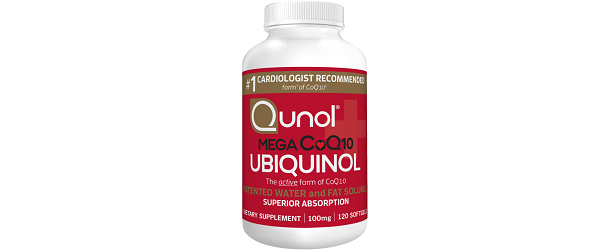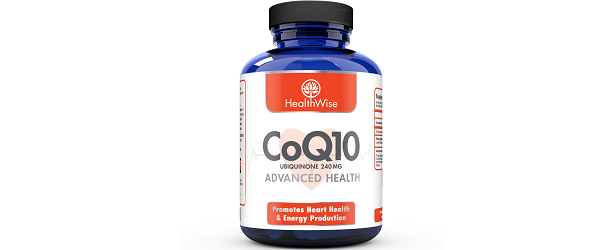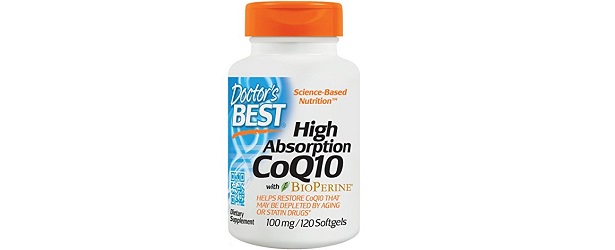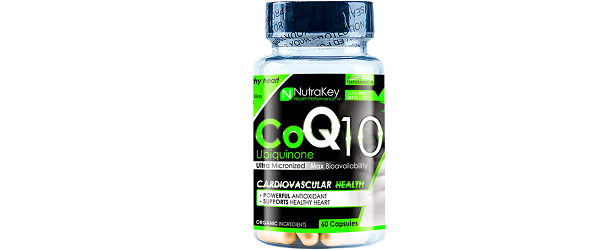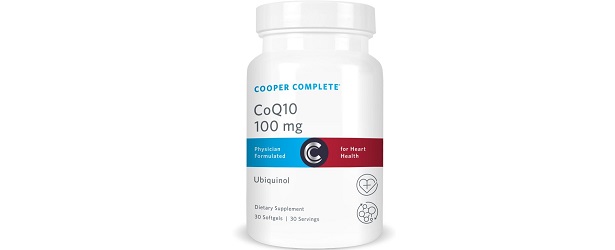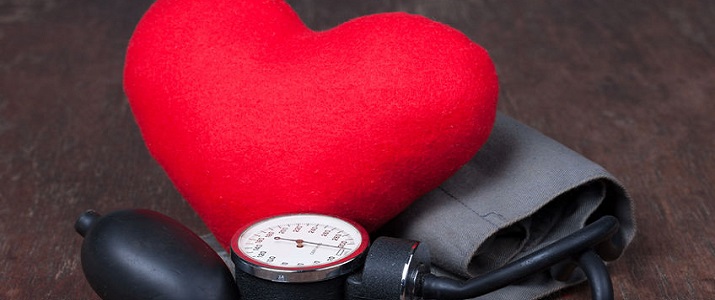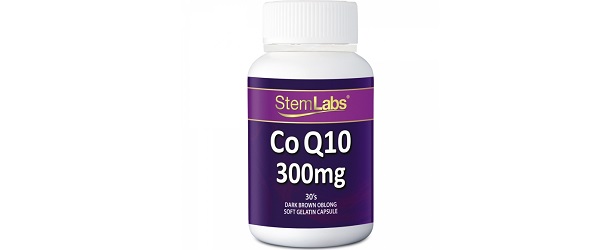
Exercise & CoQ10
Coenzyme Q10 is better known as CoQ10 and has been used to eliminate free radicals from your body, reversing the aging process of your cells. Other studies suggest, however, that it can help with fat burning and provide you with more energy during your workouts. CoQ10 assists nerves and muscles by relaxing stiff muscles and abating swelling, as well as providing usable energy to cells. Not only will this help with overall weight loss, but can result in a faster metabolism as well.
Relieving Muscle Cramps and Increasing Function
Muscles require large amounts of CoQ10 in order to keep them functioning for longer and pain-free. Cells need energy and oxygen in order to function properly and CoQ10 provides the cells’ mitochondria with usable energy to perform the best they can. Taking CoQ10 supplements has resulted in more energy and higher endurance, resulting in longer workout times. For people suffering from muscle aches or stiffness, and even chronic pain, CoQ10 can help relieve some pain to help them get through the day. CoQ10 works with the cardiovascular system, strengthening the heart muscle and working as an antioxidant to help cells thrive. This double dose provides the energy and strength your muscles need for a good, long workout.
With the help of CoQ10’s antioxidant surge, free radical damage can be prevented, resulting in cells living longer, healthier lives. Strong cells also are found to burn fat at a faster rate. Using calories to burn fat can be dangerous if you burn too much and lose too much too fast. CoQ10 comes into play here by being a good supplement to balance the number of calories you are burning with calorie intake. Make sure to eat healthy foods and maintain a nutritious diet while you are exercising; it is dangerous to exercise on an empty stomach. Even though you are burning fat cells faster than normal, this could trigger oxidative stress which leads to muscle cramping, cellular damage, and even digestive issues.
CoQ10 In Food
CoQ10 is produced naturally in your body and it is also found in certain foods. To raise CoQ10 levels, you can choose a specific diet rich in vitamins A and E, as CoQ10 is a fat-soluble nutrient.
Some foods that contain CoQ10 are:
- organ meats like kidneys and liver
- cruciferous vegetables like broccoli and cauliflower
- fatty fish like salmon
- legumes
- sesame seeds
- avocado
However, eating a rich, nutrient-filled diet won’t guarantee your CoQ10 levels being accurate. That’s why a supplement is recommended, especially to ensure CoQ10 levels will stay plentiful as you start burning calories during your exercise routine.
Dosage and CoQ10 Capsule Requirements
CoQ10 requires vitamins A and E in order to be synthesized properly in the body. You should take CoQ10 with food. Dosages vary from person to person, depending on their needs. CoQ10 levels are lower and lower as you age, and are especially diminished when you are on certain medications. For the best exercise performance, 100 mg- 300 mgs is suggested, but there is some flexibility as you figure out what works best for you. The supplement should help you feel more energetic, boosts your mood, and lowers your stress.
TOP 5
COQ10Treatments |
|||||
| CoQ10 Pure | Nature Made CoQ10 | Piping Rock Absorbable CoQ10 | Source Naturals CoQ10 | Natural Factors Coenzyme Q10 | |
|---|---|---|---|---|---|
| 1 | 2 | 3 | 4 | 5 | |
| Price (1 bottle) Price (6 bottles)best value |
$49.95 $139.70 |
$30.49 $182.94 |
$25.49 $139.77 |
$28.45 $170.70 |
$49.99 $299.94 |
| Overall Rating | 99.50% | 90.20% | 89% | 87.89% | 87% |
| Effectiveness |





|





|





|





|





|
| Speed of Results | Extremely Fast | Good | Average | Slow | Slow |
| Quality of Ingredients | Premium | Good | Good | Average | Average |
| Customer Satisfaction Evaluation | 99.40% | 92% | 89.78% | 88.23% | 87% |
| Safety Evaluation | Safe for Use | Safe for Use | Safe for Use | Safe for Use | Safe for Use |
| Customer Service Rating |





|





|





|





|





|
| Reorder Rate | Highest | Good | Good | Average | Average |
| Return Policy | Risk Free | Risk Free | Risk Free | No | No |
| Success Rate | 99.40% | 78% | 78.50% | 74.20% | 60% |

 Subscribe Now
Subscribe Now




